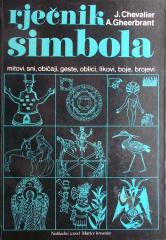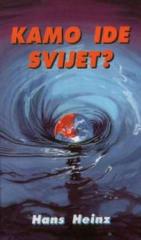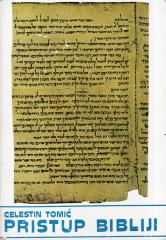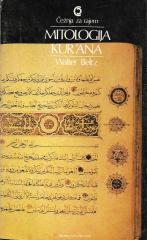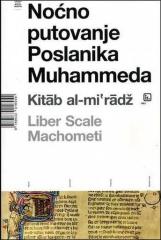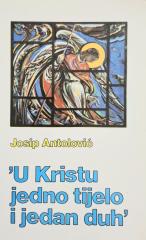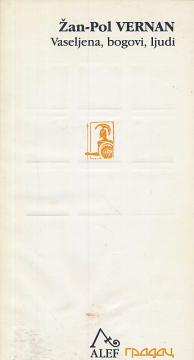
Vaseljena, bogovi, ljudi
Vernant first told the stories published in this book to his grandson, and then, in a more complex form, he told them to his friends on summer evenings on a Greek island.
The Universe, Gods, and People says that myths are the comprehensiveness of life. They preserve the secret of creation, the relationship of the gods to creation, and also the position of man in this world and the next. The path of Greek myths leads from the stories of nannies (as Plato put it) to the tragedies on the ancient stages. But this path continued to Shakespeare, Racine, and Corneille, so that we can meet them again in Freud's psychoanalysis, as well as in the everyday life and behavior of modern man: in murders, adulteries, and incest, in punishments and heroism, in the relationship of life to death, of this world to the afterlife, in man's wanderings through the ambushes and traps of life.
The life and the world summarized in these myths - Vernant wants to tell us - do not require us to bypass reality and modernity. On the contrary, he tells us, in fact, that reality and modernity in some separate form do not exist. The boy's need for his grandfather's story, as well as the friend's need for Vernant – the storyteller – to remind them of those famous ancient events, shows that today's desire for storytelling is necessary, that it awakens in every being a curiosity to find out what happened in those times, in illo tempore, when people and things took on forms that are slowly but surely being consumed today in the great speed and emptiness of life, in a time when the richness of language is being lost, as it too adapts to given circumstances. That is why we all know that losing a connection with those times is a loss of the ability to understand man and to accept the world.
One copy is available
- Stains on cover
